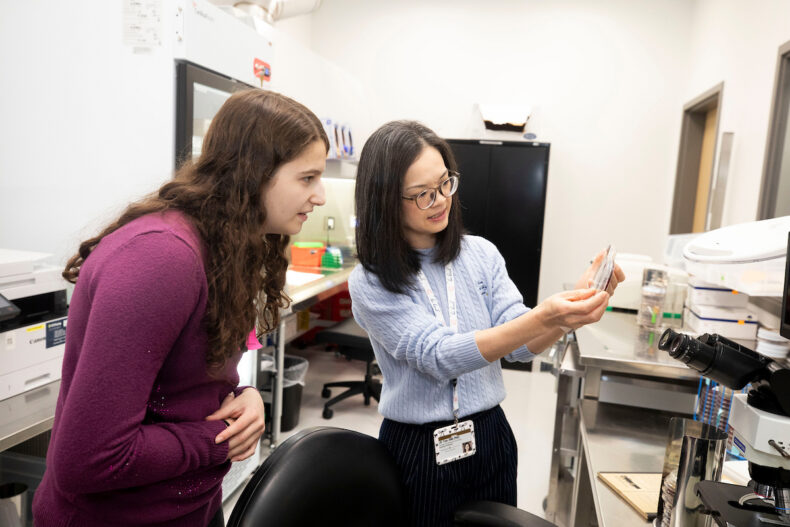
January 22, 2026
A grateful patient says ‘thank you’ to Vanderbilt Medical Laboratories
The infection can result from inhaling spores of the fungus Histoplasma capsulatum, which grows in soil throughout Middle Tennessee, especially in soil contaminated with bird or bat droppings. Previously, blood samples had to be sent to a reference lab in Utah.
By Bill Snyder


